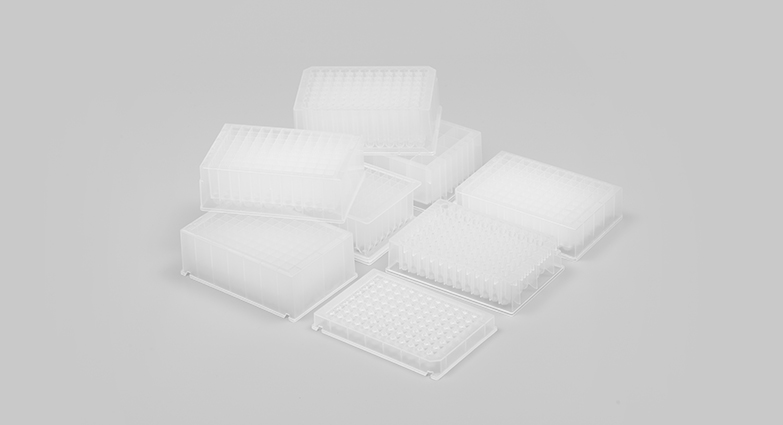As a leading laboratory equipment supplier, Suzhou Ace Biomedical Technology Co., Ltd. has been innovating solutions to meet the needs of researchers and scientists around the world. One of the tools developed to meet the need for more efficient and effective laboratory work is the deep well or microwell plate. These plates offer numerous advantages, including enhanced sample capacity, compatibility with automated processing equipment, and precise analytical results.
To ensure that these plates work best with other laboratory equipment and processes, the industry has developed standards known as SBS standards. In this article, we’ll explore what an SBS standard is, its role in laboratory work, and its relationship to deep well plates.
What is the SBS Standard?
The Society for Biomolecular Sciences (SBS) developed the SBS Standards as a means of ensuring that all microplates and related laboratory equipment comply with a set of industry-specific rules and guidelines. These guidelines cover everything from the dimensions and materials used to manufacture the plates to acceptable finishes and hole types. In general, SBS standards ensure that all laboratory equipment meets the highest standards of quality, consistency and compatibility across a wide range of applications and uses.
Why are SBS standards essential for laboratory work?
In addition to ensuring that all laboratory equipment meets high quality standards, SBS also ensures that all equipment is compatible with automated handling equipment found in most modern laboratories. Automation is necessary to handle large sample sizes, ensure consistency of results, and produce results faster than manual processes. Using SBS-compliant microplates, researchers and scientists can easily integrate them into automated processes with minimal effort. Without these standards, the overall process is much less efficient and the risk of invalid results is higher.
How does the SBS standard relate to deep well plates?
Deep-well or microplates are one of the most commonly used laboratory equipment. They consist of a series of small wells arranged in a grid pattern to contain and analyze small samples of liquid or solid material. There are several types of well plates available, the most common being 96-well and 384-well formats. However, to ensure that these plates are compatible with other laboratory equipment, they must comply with SBS standards.
SBS-compliant deep-well plates offer a range of advantages, including compatibility with automated processing equipment, consistent and reliable results, and a lower risk of invalid results. Researchers can be confident that the results they get from these plates will be accurate no matter which lab they work in and which equipment they use.
in conclusion
In conclusion, SBS standards are an essential part of modern laboratory work. It ensures that all laboratory equipment, including deep well plates, meets high standards of quality, consistency, and compatibility with automated handling equipment. At Suzhou Ace Biomedical Technology Co., Ltd., we are committed to providing researchers and scientists with the highest quality laboratory equipment, including SBS-compliant deep-well plates. Our goal is to help researchers generate accurate, consistent and reliable results, and we strive to achieve this by adhering to the latest industry guidelines and standards.
You can find the SBS documents on this !!
Post time: Jun-05-2023


